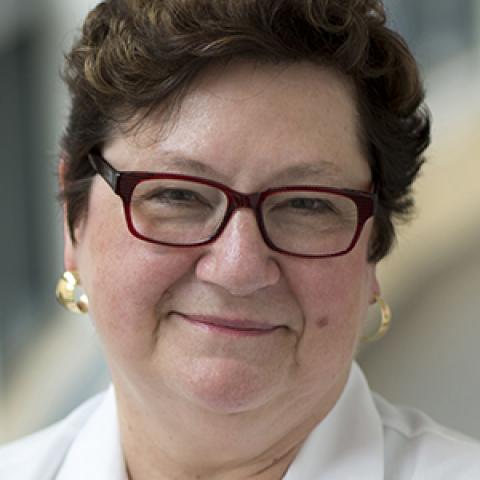Recently, I reread the books of Lewis Thomas, MD. These beautiful collections of essays, many originally published in the New England Journal of Medicine as “Notes of a Biology Watcher,” are lyrical reflections on the human condition and the high position of medicine and science therein. Dr. Thomas, a pathologist who headed Memorial Sloan Kettering for many years, was a Renaissance man. I commend his works to your attention – such books as The Medusa and the Snail, The Fragile Species, The Lives of a Cell, and Late Night Thoughts on Listening to Mahler’s Ninth Symphony.
Thomas once wrote: “Medical knowledge and technical savvy are biodegradable. The sort of medicine that was practiced in Boston or New York or Atlanta fifty years ago would be as strange to a medical student or intern today as the ceremonial dance of a Kung San tribe would seem to a rock festival audience in Hackensack.” He went on to recommend that we clear some space in the preclinical curriculum to identify what we do NOT know about medicine or biomedical science.
There is much that we don’t know about biomedicine, but our most dangerous ignorance is often what we think we know but what turns out to be incorrect. For example, years ago I was taught that we make no new neurons or neural connections after early childhood, but now we know that even late in life, there is some neural plasticity. Such a concept allows us to consider novel treatments for patients with brain injuries. Inevitably, some “facts” that we teach today are bound to be wrong tomorrow.
Our curriculum at CWRU is designed to help students think in a critical fashion—not encourage memorization of facts (which are easy to access on our phones!). Our goal is to equip them to evaluate new information and if necessary, replace old shibboleths with new, proven, actionable data. We push them to understand the underpinnings of health and disease, and to integrate new discoveries into their understanding. These discoveries, in turn, may drive new therapeutics that attack the root causes of disease.
Many of our faculty members generate the critical information that enables new therapeutics to be considered, tested, and brought to patients. For example, Fabio Cominelli, gastroenterologist, associate dean for special programs, and researcher par excellence, identified cytokines that contribute substantially to the progression of inflammatory bowel disease. His work has inspired new drugs directed at the TNF and IL-1 pathways. Then he studied leukocyte trafficking and identified adhesion molecules as therapeutic targets. Now, as he moves on to examine the microbiome, who knows what new therapeutics might emerge?
In addition to his discovery efforts, Fabio hopes to provide our students with sufficient experience with the research model to assess new discoveries on their own. After all, when they are out of training, they will need to make such judgments. But in order to become savvy in judging research, it is essential to first perform it and then analyze the results. Accordingly, Fabio is the PI on a new NIH T35 training grant to provide research experiences in gastroenterology, diabetes, cystic fibrosis, and kidney diseases (the NIDDK portfolio) for our medical students. These funds incentivize our students to conduct research in these areas. Maybe a few of them will be inspired to model themselves after Fabio, or our other spectacular investigators in this area.
Although this grant is only a small part of Fabio’s truly impressive NIH portfolio, it represents a commitment to the next generation of medical researchers – to educate and to inspire. These students will be better able to identify gaps in our knowledge and also to question what we think we know. Combined with our basic curricular thrust of learning to think, this research experience will materially add to their skills. Just as Fabio has changed our conceptualization of inflammatory bowel disease and set the stage for new therapeutics, some of our students may forward and change the face of medicine.


